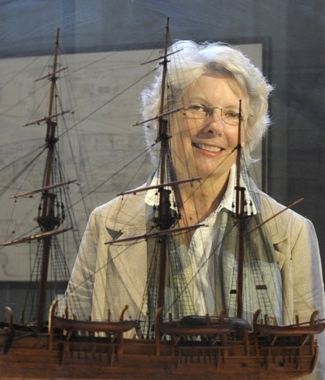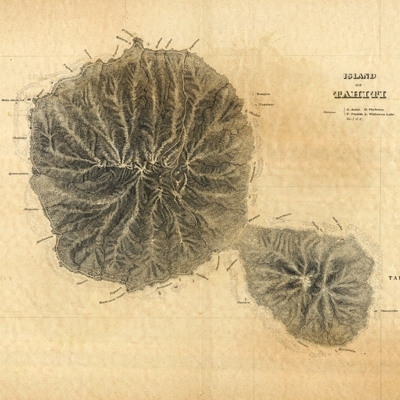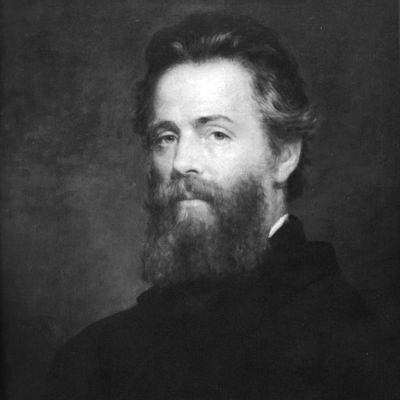Only in literature can a hundred-ton mammal tiptoe into your life — or an anchor-weight sea novel carry you off on journeys of mind so moving and real that one day you say, “I’ve got to see for myself!"
That's how Herman Melville's white whale has rewarded Wyn Kelley's passion for literature: subtly and richly, with enticements to visit far-flung parts of the earth, as well as the frontiers of science, art and technology.
A Melville scholar and senior lecturer in the Literature section of the School of Humanities, Arts, and Social Sciences, Kelley inspires MIT students with her approach to research and life, and shows why Melville's works are fully alive for the 21st century.
Read the full story in Soundings, the magazine of the School of Humanities, Arts, and Social Sciences
Quotes from the feature story:
- “Many people take Melville too seriously. If they do, they miss his delicious wit and dry humor. He was like Lenny Bruce or Steven Colbert — a very well-traveled satirist!”
- In 2009, President Barack Obama revealed that his two favorite books are Melville’s Moby-Dick, and Nobel-laureate Toni Morrison’s 1977 novel, Song of Solomon. “Both authors address longing and the search for identity,” says Kelley, subjects that President Obama also explores in Dreams from My Father.
- Throughout his travels, Melville was a great reporter — insightful, unflinching, and with a remarkable ability to recall details and events. “Scholars are amazed that he kept so few notebooks."
- Kelley has also followed Melville by sea, devoting her sabbatical year to tracing the course of Melville’s ocean voyages. She visited Tahiti and the Galápagos Islands, both hauntingly described in Melville’s lesser-known works.
- “It was a thrill to sniff the sea breezes and to see landscapes that must have delighted and shocked a sheltered New England lad," she said. "And it was sobering to reflect on how danger, deprivation, and hard work during four years at sea must have ‘salted’ and educated Melville.”
- “Moby-Dick is like a Wikipedia entry,” Kelley says. “Material is constantly added to it. In the 19th century, the novel itself was a new genre, and Melville borrowed freely from other forms. Today, we add new science, new insights, and new media. Then as now, the text is a whole world.”








